Advice from Dalai Lama "Mind of Clear Light"
If you're not inclined to read the words below, for whatever reason, at least try the last paragraph, and give it some thought. You might be glad you did.
"If, after having performed a virtuous action and accumulated its potency, that potency remained without degenerating until its fruit issued forth in either this or a future life, it would not be so fragile. But that is not the case. Rather, the generation of a strong nonvirtuous state of mind, such as anger, overpowers the capacity of a virtuously established potency so that it cannot issue forth, much like scorching a seed. Conversely, the generation of a strong virtuous attitude overpowers potencies established by nonvirtues, making them unable to issue their effects. Thus it is necessary not only to achieve many powerful constructive causes but also to avoid contrary forces that would cause those beneficial causes to degenerate.
The good actions required for accumulating these causes, or potencies, arise from a tamed mind, whereas bad actions arise from an untamed mind. Common beings like us have been accustomed to an untamed mind since beginningless time. Given this predisposition, we can conclude that actions performed with an untamed mind are more powerful for us and actions performed with a tamed mind are weaker. It is important to appreciate that this excellent life support of a human body that we now possess is a wholesome result of many powerful good actions from a tamed mind in the past. It was very difficult to gain, and, since it is very rare, you must take care to use it well, making sure that it is not wasted.
...If this human endowment, so difficult to attain, were stable and permanent--not prone to deterioration--there would be time later to make use of it. However, this life-support system is fragile and easily disintegrates from many external and internal causes. Aryadeva's "Four Hundred Stanzas on the Yogic Deeds of Bodhisattvas" says that once the body depends on the four elements of earth, water, fire, and wind, which themselves oppose each other, physical happiness is just an occasional balance of these elements, not an enduring harmony.
...So this human body is a precious endowment, potent and yet fragile. Simply by virtue of being alive, you are at a very important juncture, and carry a great responsibility. Powerful good can be achieved for yourself and others, so becoming distracted by the minor affairs of this lifetime would be a tremendous waste. You should make wishes to use this lifetime in this body effectively and make petitions to your guru, the three refuges, and other sources of help. In doing so, urge yourself on from the inside and seek assistance from the outside.....
In sum, since this human body, which supports your life, is beneficial, was difficult to gain, and easily disintegrates, you should use it for your benefit and that of others. Benefits come from a tamed mind: When your mind is peaceful, relaxed, and happy, external pleasures such as good food, clothing, and conversation make things even better, but their absence does not overpower you. If your mind is not peaceful and tamed, no matter how marvelous the external circumstances are, you will be burdened by frights, hopes, and fears. With a tamed mind, you will enjoy wealth or poverty, health or sickness, you can even die happily. With a tamed mind, having many friends is wonderful, but if you have no friends, it is all right, too. The root of your own happiness and welfare rests with a peaceful and tamed mind."
--from Mind of Clear Light: Advice on Living Well and Dying Consciously by His Holiness the Dalai Lama, translated and edited by Jeffrey Hopkins, Ph.D.
Subscribe to:
Post Comments (Atom)


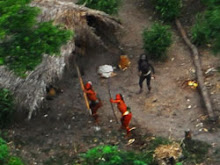


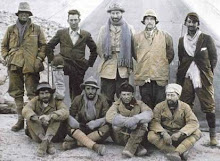









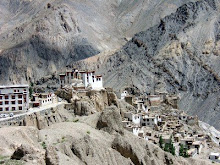

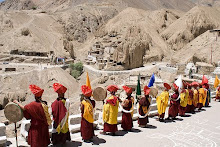





















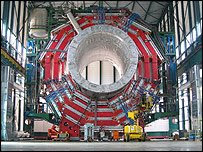









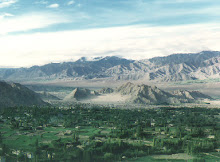

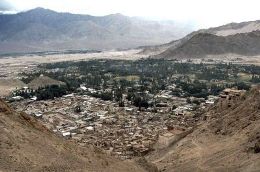
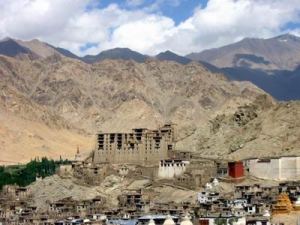


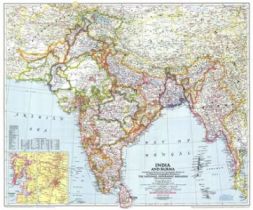
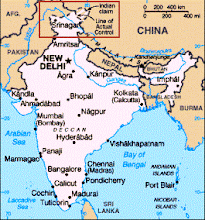
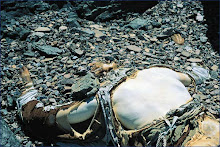
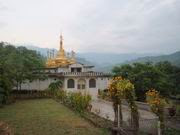






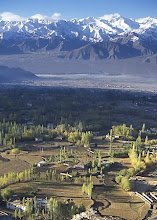
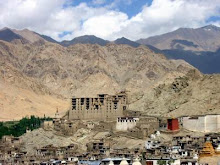






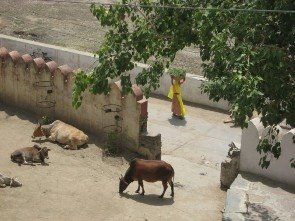




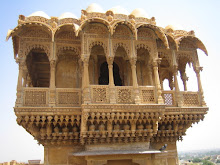



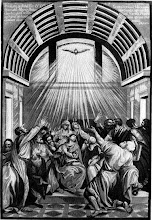









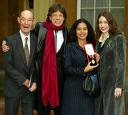
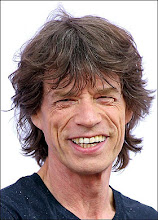
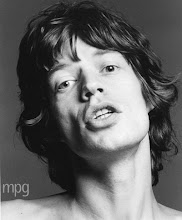
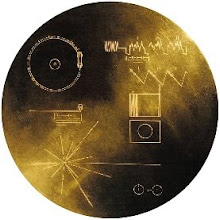


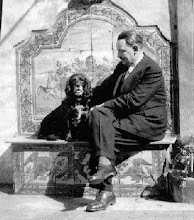



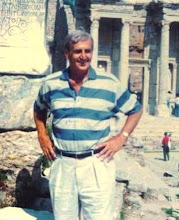
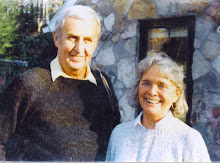










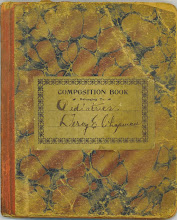

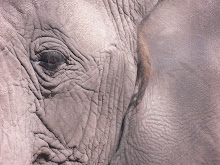










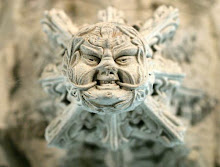







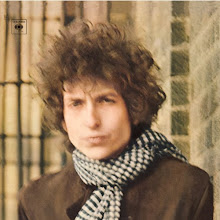
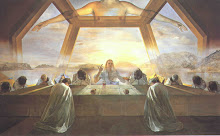




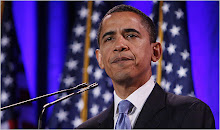






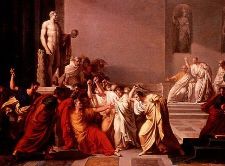







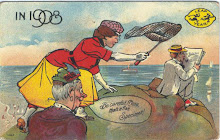

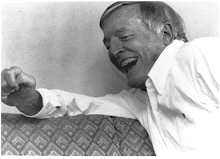

















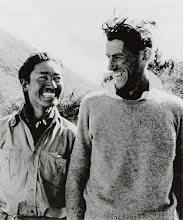

No comments:
Post a Comment